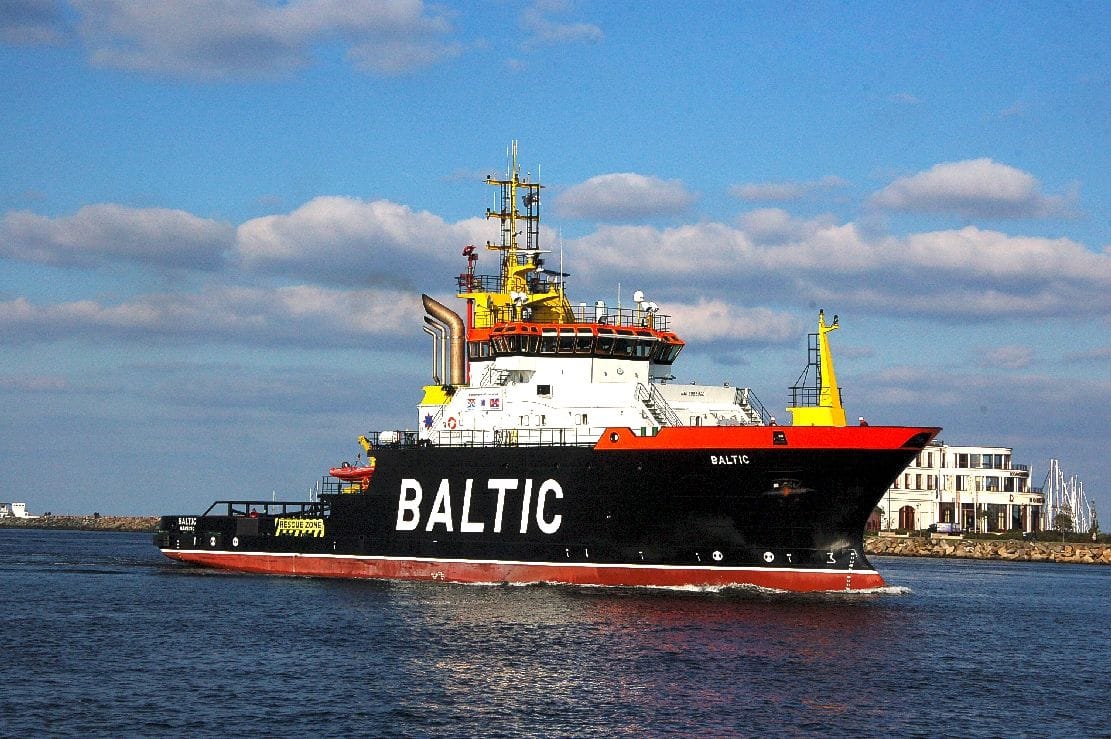In a significant move reflecting the evolving security landscape in Europe, NATO has officially launched a new naval operation in the Baltic Sea. This decision comes in the wake of alarming incidents involving severed undersea cables, which have raised concerns about the vulnerability of critical infrastructure in the region. The operation aims to bolster maritime security, enhance surveillance capabilities, and deter potential threats to the alliance’s member states.
The Baltic Sea, a strategically important body of water bordered by several NATO member countries, has become a focal point for military activities and geopolitical tensions in recent years. The severing of undersea cables, which are vital for global communications and data transfer, has prompted NATO to take proactive measures to ensure the safety and security of its maritime domain. These cables are essential for internet connectivity, financial transactions, and various other critical services, making their protection a priority for the alliance.
NATO Secretary General Jens Stoltenberg emphasized the importance of this operation during a recent press conference, stating that the alliance is committed to defending its members and maintaining stability in the region. He noted that the Baltic Sea has seen increased military activity from both NATO and non-NATO countries, necessitating a robust response to safeguard the interests of member states. The new naval operation will involve a coordinated effort among NATO allies, utilizing a range of naval assets to monitor and secure the waters.
The operation is expected to include a combination of surveillance missions, intelligence gathering, and joint exercises among NATO naval forces. By enhancing situational awareness in the Baltic Sea, NATO aims to deter any potential aggressors and reassure member states of the alliance’s commitment to collective defense. The presence of NATO naval forces in the region will serve as a visible reminder of the alliance’s readiness to respond to any threats that may arise.
In addition to addressing immediate security concerns, the operation also highlights the importance of international cooperation in safeguarding critical infrastructure. The severing of undersea cables has raised questions about the potential for sabotage or other malicious activities, underscoring the need for vigilance and collaboration among nations. NATO’s response is not only a demonstration of military readiness but also a call for greater cooperation among allies to protect shared interests.
The Baltic Sea has long been a region of strategic significance, with its proximity to Russia and the presence of several NATO member states. The recent incidents involving severed cables have heightened tensions and drawn attention to the vulnerabilities that exist in the maritime domain. As NATO moves forward with its naval operation, the alliance is also engaging in discussions with member states to assess the broader implications of these incidents and develop comprehensive strategies for addressing emerging threats.
The operation is expected to involve a range of naval assets, including frigates, destroyers, and submarines, which will be deployed to conduct patrols and monitor key maritime routes. Additionally, NATO will leverage advanced technology and intelligence-sharing capabilities to enhance its situational awareness in the region. This multifaceted approach aims to create a robust defense posture that can effectively respond to any potential challenges.
As the operation unfolds, NATO will continue to engage with regional partners and stakeholders to ensure a coordinated response to security challenges in the Baltic Sea. The alliance recognizes that the security of the region is interconnected with broader geopolitical dynamics, and collaboration with non-NATO countries will be essential in addressing shared concerns.
In conclusion, NATO’s launch of a new naval operation in the Baltic Sea represents a proactive step in response to recent incidents involving severed undersea cables. The operation underscores the alliance’s commitment to safeguarding critical infrastructure and ensuring maritime stability in a region marked by increasing tensions. As NATO navigates the complexities of the current security environment, the alliance remains focused on enhancing its capabilities and fostering cooperation among member states to address emerging threats effectively.



